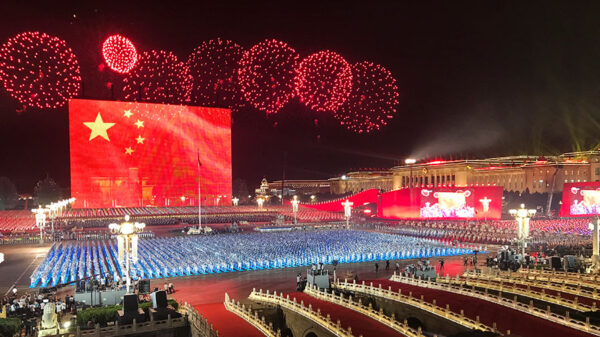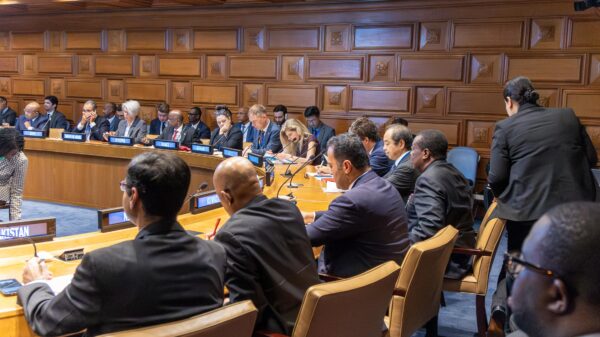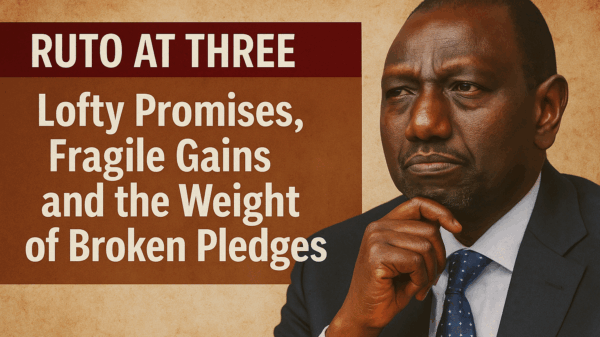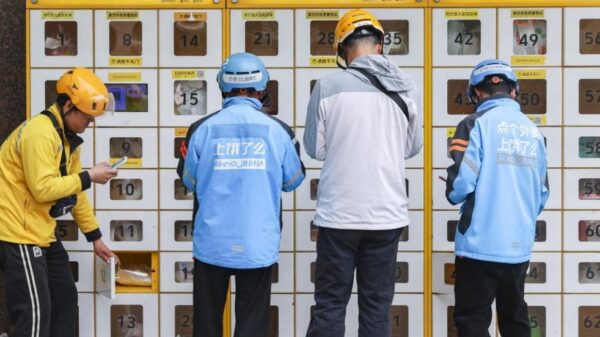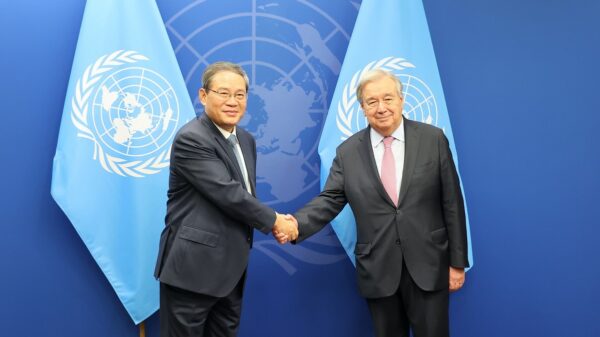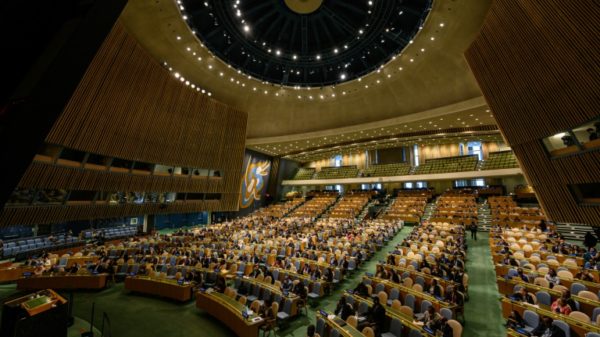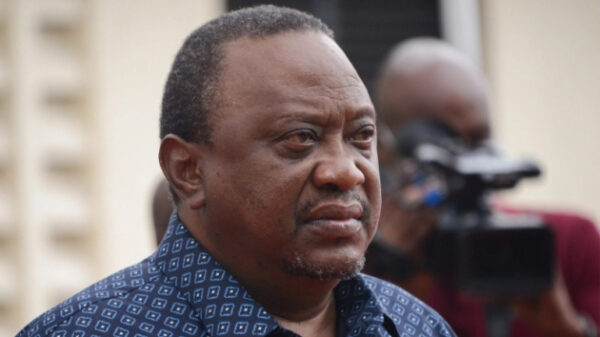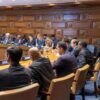NAIROBI, Kenya, Sep 26 – Indonesia has expressed readiness to collaborate with Kenya in developing integrated coastal villages, strengthening fisheries value chains, piloting eco-tourism projects, and advancing renewable ocean energy initiatives.
Speaking at the Blue Economy Summit held at PrideInn Resort, Mombasa, Minister Counsellor Wisnu Lombardwinanto—representing the Indonesian Embassy in Nairobi—said Asia and Africa share vast opportunities for collaboration in unlocking the potential of the blue economy.
“As an archipelagic nation with over 17,000 islands and one of the longest coastlines in the world, Indonesia regards the ocean as a lifeline. Millions depend on marine resources for food, livelihoods, and cultural identity. This is why the blue economy remains at the heart of our development agenda,” Lombardwinanto said, delivering the keynote address on behalf of Indonesia’s Ambassador to Kenya.
He noted that Indonesia’s experience in fisheries management, marine conservation, mangrove restoration, coral reef rehabilitation, and combating illegal, unreported, and unregulated fishing offers strong opportunities for collaboration with Kenya.
Indonesia has also pioneered innovative financing models—including a sovereign green sukuk and the exploration of blue bonds—while developing a Blue Economy Development Index to track progress and share best practices.
The envoy invoked the “Bandung Spirit” of Asia-Africa cooperation, first articulated during the 1955 Asia-Africa Conference, as a natural foundation for renewed partnerships in tackling climate change and unlocking marine-based opportunities.
Since 2022, Indonesia has extended at least ten capacity-building programs to Kenya, covering agriculture, fisheries, maternal health, medical standards, trade promotion, and geothermal energy.
Guided by Kenya’s priorities, Lombardwinanto said Indonesia is ready to broaden this cooperation, including through South-South and Triangular Cooperation frameworks.
“The blue economy is not just a promise of untapped wealth, but a responsibility. If we succeed, the benefits will be seen in stronger communities, healthier ecosystems, and deeper regional solidarity,” he said.
The Blue Economy Summit, which runs from September 23–26, has attracted more than 1,200 participants, including Mombasa Governor Abdulswamad Nassir, the EU and Slovak Ambassadors, Germany’s Deputy Head of Mission, Kenya’s Principal Secretary for Blue Economy, as well as startups, innovators, and investors.
Exhibitions at the summit are showcasing technologies and practices designed to harness ocean resources sustainably.



